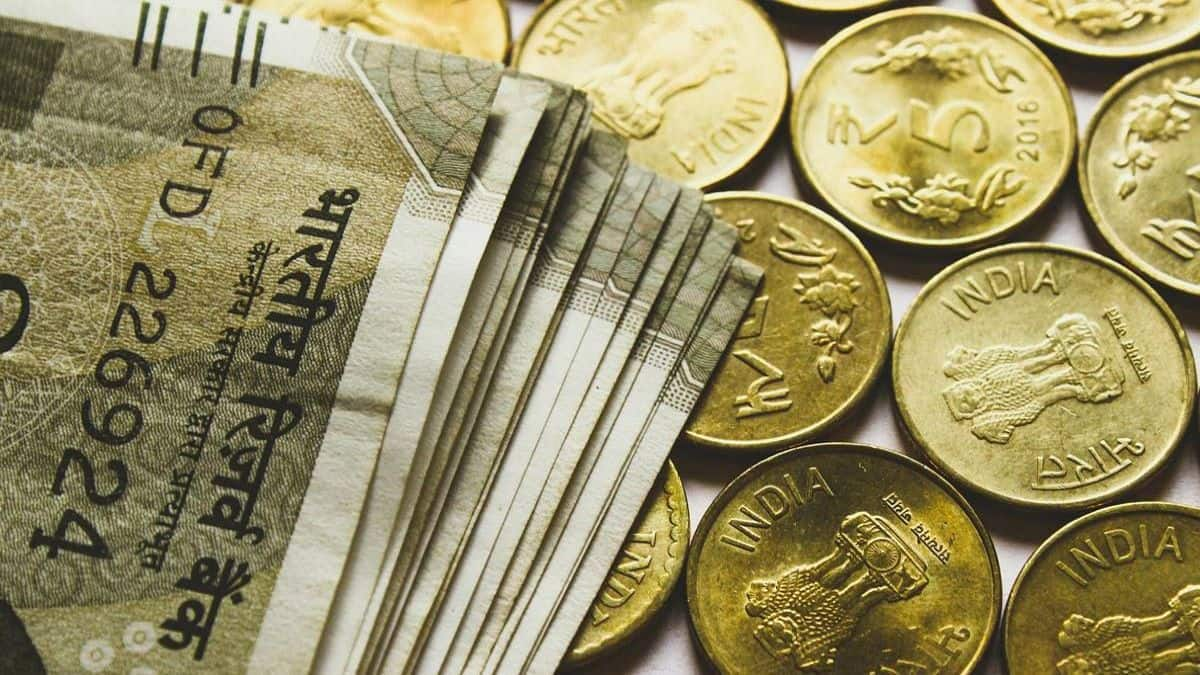Budget 2024: What is an Interim Budget? How is it different from Union Budget?
Union Finance Minister Nirmala Sitharaman will announce the interim budget for the year 2024-25 on February 1, 2024 with no major announcements ahead of the 2024 Lok Sabha elections scheduled for early next year. The full budget for the fiscal year 2024-25, however, will be presented after the formation of the new government following the general elections.
India appears to be a bright spot amid the overall dim global economic outlook. India’s economic growth projections for FY24 range from 6.3 per cent (International Monetary Fund and World Bank) to 6.5 per cent (RBI). As against this, the IMF’s projections for global growth indicate a decline from 3.5 per cent in 2022 to 3 per cent in 2023 and further to 2.9 per cent in 2024.
An interim budget is presented by a government that is going through a transition period or is in its last year in office before the general elections held every 5 years. An incumbent government cannot present a full Union Budget in the election year and instead, the finance minister presents an interim budget during the joint sitting of Rajya Sabha and Lok Sabha in Parliament.
The interim budget contains detailed documentation of all the expenses to be incurred and every rupee to be earned through taxes in the coming few months until the elections. With this budget, the incumbent government seeks a vote of approval from Parliament to extract money from the consolidated fund of India, where the government puts all its revenue, to meet its budget expenses before the end of the financial year. The interim budget, besides a full estimate of the revenue and expenditure, also consist of some policy measures. In recent times, interim budgets have been instrumental for the incumbent governments to list out their achievements to draw voters’ support.
What can be and cannot be included in interim budgets?
In the interim budget, the ruling government presents estimates of its expenditure, revenue, fiscal deficit and financial performance and projections for the upcoming financial year. At the end of its tenure, the ruling government presents an interim budget for three to four months to keep the country running. The likely focus of the incumbent government in this budget can be to outline its economic vision for the next five years, should it return to power.
However, an interim budget does not make any major policy announcements which could financially burden the next government that will present the full Union Budget. According to the Election Commission’s Code of Conduct, the ruling government cannot include any major scheme in the Interim Budget as it could influence the voters. Also, the government in power does not present the Economic Survey along with the Interim Budget.
A Budget has two parts – the report of expenses and income in the previous year and the proposed expenses and income generation in the coming year. In the interim budget, the first part will remain the same. However, the second part will contain documentation of only basic expenses until the election.
Now, what is a ‘Vote on Account’? The ‘Vote on Account’ is just the estimate of expenses the outgoing government requires before the general elections. The ‘Vote on Account’ only deals with the government’s expenditures. The ‘Vote on Account’ is normally valid for two months but can be extended.
Is it essential for the incumbent government to present the interim budget? While the government can choose to not present an interim budget and just get the funds required for spending via the ‘vote on account’ route, but as per convention, the governments usually opt for an interim budget in the election year.



